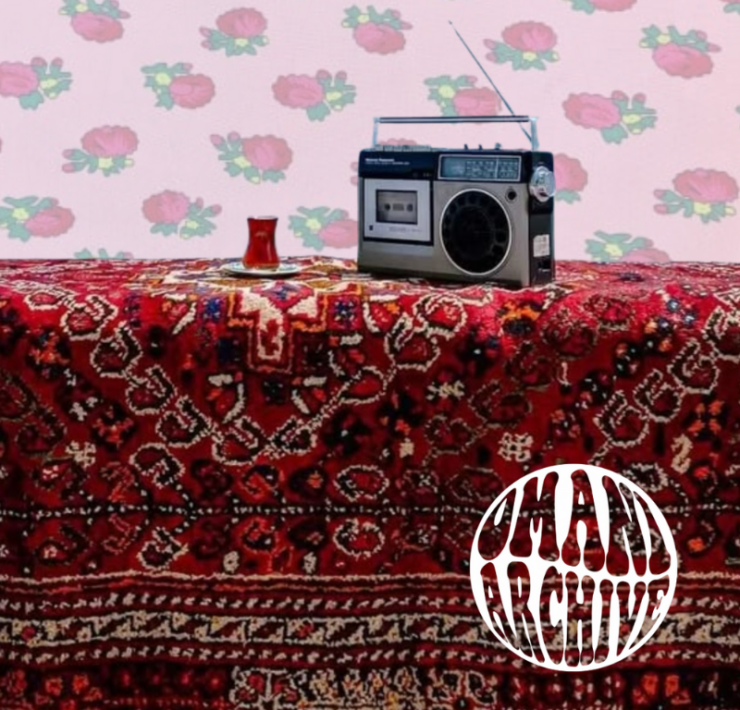In 2015, Egyptian filmmaker Mohamed Taher had an idea. Inspired by New York City’s Ballerina Project, Taher wanted to show a different side to the Egyptian capital, which has in recent years played host to headline grabbing protests, instances of sexual abuse and terrorist attacks. He discussed his idea with photographer Ahmed Fathy and dancer Maryam El Gebali and soon after Ballerinas of Cairo was born.

Ballerinas of Cairo is a series of photos and videos of ballerinas performing against the backdrop of iconic parts of the city. It symbolises women fearlessly occupying the streets where so many have felt unwelcome and intimidated, reclaiming public spaces for themselves.
 “There’s a huge problem for women in [Egypt’s] streets,” Taher told Upworthy. “There’s a lot of sexual harassment … so now this was a layer of the project.”
“There’s a huge problem for women in [Egypt’s] streets,” Taher told Upworthy. “There’s a lot of sexual harassment … so now this was a layer of the project.”
According to a UN report released in 2013, 99.3% of women in Egypt have experienced sexual harassment on the street. The 2011 uprising that ousted former dictator Hosni Mubarak was tarnished by stories of female protesters being abused by their male counterparts and the security services. Similar incidents took place in 2013 when Egyptians took to the streets to protest against democratically elected President Mohamed Morsi.

In January 2017, tougher penalties for perpetrators of sexual harassment were approved by the Egyptian parliament, including longer prison sentences and increased fines. But sexual violence in Egypt is a social, not a legislative problem. Extreme conservatism in the North African country has given rise to a society where victims of sexual assault are blamed and humiliated. Making Egypt’s streets safer for women therefore requires a change in the public mind-set as well as legislative reform.

The problem has sparked a number of initiatives like Ballerinas of Cairo aiming to give women a voice, a sense of freedom and a means of fighting back against social conservatism. One such project was started by Shaima Ali in 2015 in an attempt to break the social and psychological barriers that prevent young Egyptian women from travelling the world alone. The initiative, Travel with Shee, encourages women of all social classes to travel by providing a platform for women to inspire one another by sharing their stories of travelling on their own or with their families.

Another highly controversial issue highlighted by the Ballerinas of Cairo project is freedom of the press in Egypt. In a video on the project’s Facebook page, Mohamed Taher describes the suspicion he is often met with when taking photographs on the streets of Cairo. He says that photography is often difficult in Egypt as people have become oversensitive towards the use of cameras because of security concerns.
The current Egyptian government led by President Abd al-Fattah al-Sisi has become notorious for its crackdown on the press, which has seen it imprison journalists and ban certain news outlets. In April 2017, the country was ranked 161 out of 180 countries by Reporters without Borders’ World Press Freedom Index. Egypt also joined the list of countries that jail journalists, alongside the likes of Syria, Bahrain, and Turkmenistan.

Taher’s beautiful images and videos offer a unique insight into Egyptian society and politics; Ballerinas of Cairo, while ultimately a social project, conveys a powerful political message that the Egyptian capital belongs to its people, and that neither women nor journalists will be intimidated on its streets.

If you enjoyed this, you might also like:
Online Shame: Women’s Empowerment and Modern Techniques of Repression






